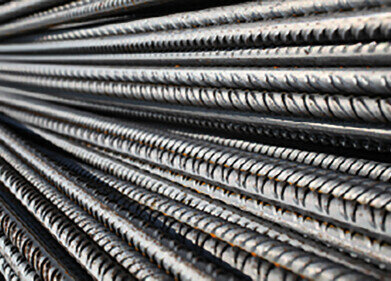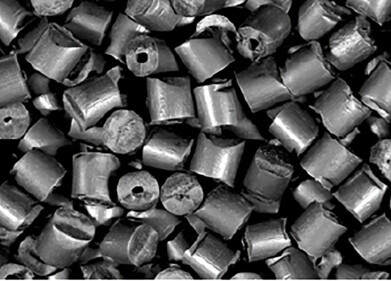Biofuel Industry News
Why Is Europe Capping Crop-Based Biofuels?
May 06 2015
Last month, European law-makers met to reach a compromise over the acceptable percentage of energy raised from biofuels in member states of the European Union. The Environment Committee met on April 14th to discuss the pros and cons of the process and eventually agreed to a cap of 7% of total energy production by biofuels.
This cap is a rise from the previous limit of 5.5%, but why does such a limit exist in the first place? Biofuels have been touted as a viable alternative to fossil fuels and a means to extend fuel supplies available to us for longer. However, over the last decade, they have been met with considerable opposition.
The Debate Against Biofuels
Back in 2008, biofuels were hotly-tipped as one of the breakthrough energy sources of the future. Sources such as corn, rapeseed oil and chopsticks were seen as viable alternatives to the polluting effects of fossil fuel processing. It was alleged that using biofuels in tandem with traditional sources could power our vehicles without damaging the atmosphere nearly as much.
In fact, some quarters view biodiesel as a great alternative to fossil fuels due to its low emissions count and its biodegradability. If that’s true, what’s the problem?
Well, while biofuels may emit less harmful gases themselves, they could be having a much more serious effect on our planet and its population indirectly. Since more field space is being taken up to produce biofuels rather than food, there are food shortages and increasing demands for crop production. This prompts companies to look for alternative land space, primarily via deforestation.
Since deforestation is one of the prime contributors to global warming, the indirect land-use change (ILUC) of switching to biofuel crop production may be doing more harm to our environment than the benefits it purports to bring.
Indeed, even when biofuels were the flavour of the month back in 2008, Parliament was calling for ILUC factors to be considered when making any new legislation about biofuels. This latest cap on biofuel percentages reflects that concern, spelling trouble for those who have invested heavily in the practice.
“Advanced” Biofuels
However, there may be another solution which could keep the future of biofuels alive. Rather than harvesting energy from traditional food sources, it is thought that we may be able to convert less conventional substances into power, as well. Specific kinds of waste material and substances such as seaweed have been touted as possible sources.
Currently, the EU has decreed that renewable energy must provide at least 10% of a country’s transportation needs by 20%. It is early days for these “advanced” biofuels, but the EU has earmarked a figure of 0.5% of this 10% of renewables to come from advanced biofuel sources by 2020.
Digital Edition
PIN 25.1 Feb/March
March 2024
In This Edition Safety - The technology behind the ION Science Tiger XT - Safety with ammonia and LOHCs as hydrogen carriers Analytical Instrumentation - Discussion on new tribology te...
View all digital editions
Events
Apr 22 2024 Hannover, Germany
Apr 22 2024 Marrakech, Morroco
Apr 22 2024 Muscat, Oman
Apr 22 2024 Rotterdam, Netherlands
Apr 23 2024 Singapore


















